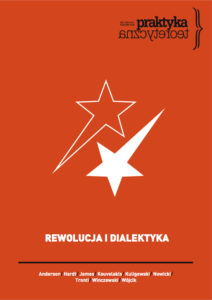Jews working in agriculture in Poland in the first years after the Second World War
Jews working in agriculture in Poland in the first years after the Second World War
Author(s): Andrzej RykałaSubject(s): Agriculture, Jewish Thought and Philosophy, Social development, Rural and urban sociology, Sociology of Culture
Published by: Wydawnictwo Uniwersytetu Łódzkiego
Keywords: Jewish agriculture; productivisation; number and arrangement of Jewish farms; agricultural kibbutzim; Poland; Lower Silesia; Western Pomerania;
Summary/Abstract: The article presents the political and geographical considerations and the development of Jews in agriculture in Poland in the first years after the Second World War. The analysis was made in the context of the implementation of the policy so-called productivisation, which was based on increasing employment among the Jews (and other groups) in the industry, the cooperative sector and the rural economy. The areas of the largest concentration of Jewish farms were Lower Silesia and north-western Poland, especially two counties: Stargard and Choszczno. Despite the financial and material support (among others the Society for the Propagation of Professional Knowledge ORT), many farmers did not succeed at ensuring the profitability of their farms. However, the launch of farms quite quickly improved the dire material situation of Jews. The most resigned, fearful and hurt among them, who saw handing over their fate to appropriate institutions as their only chance for a change in living conditions, found employment in agriculture.
Journal: European Spatial Research and Policy
- Issue Year: 23/2016
- Issue No: 2
- Page Range: 49-63
- Page Count: 15
- Language: English

